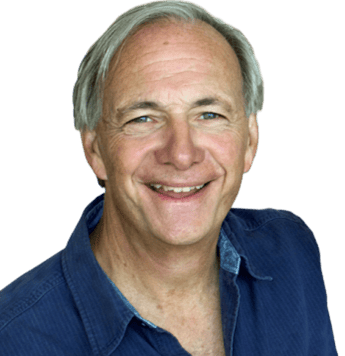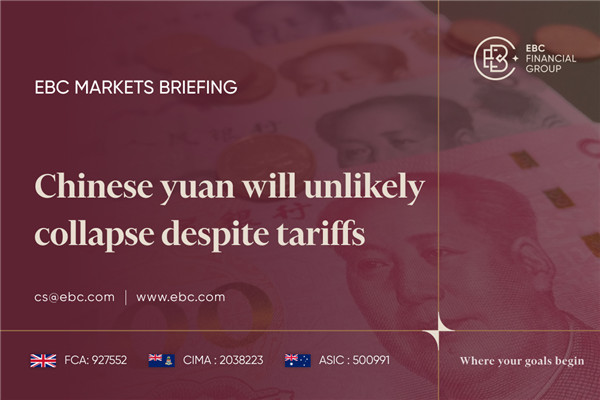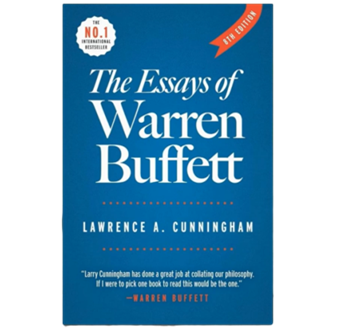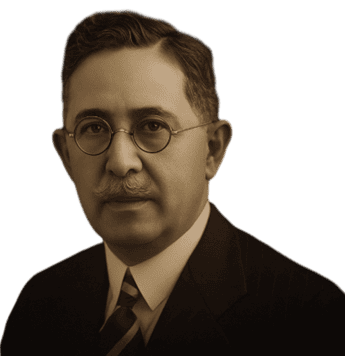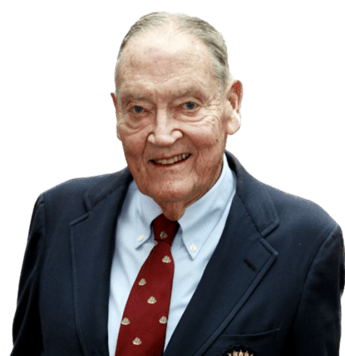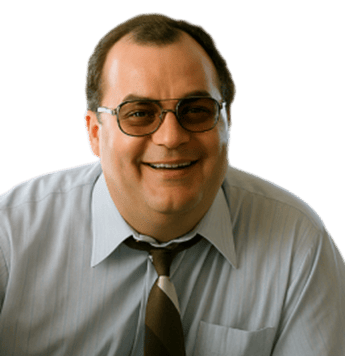
Ray Dalio is a globally recognised investor, founder of Bridgewater Associates, and author of Principles, a work that has influenced investment strategies and organisational management worldwide.
This article provides a detailed look at Dalio's early life, career development, investment philosophies, key publications, financial influence, and ongoing legacy.
By breaking down his journey, strategies, and principles, you will gain a comprehensive understanding of his approach to markets and leadership.
Ray Dalio's Early Life and Formative Years
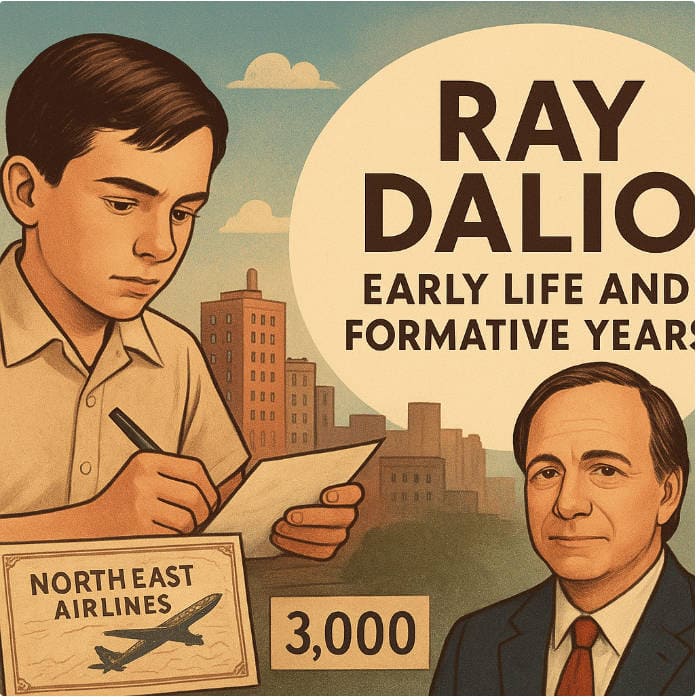
Ray Dalio was born on 8 August 1949 in Jackson Heights, Queens, New York City, into a middle-class Jewish family. His father was a jazz musician, while his mother was a homemaker.
Dalio's early environment encouraged curiosity and analytical thinking, traits that would later define his approach to investing.
From a young age, Dalio showed a strong interest in finance. At twelve, he purchased 3.000 shares of Northeast Airlines, marking his first direct investment in the stock market. This early engagement cultivated his understanding of market dynamics and risk assessment.
Dalio pursued a Bachelor's degree in Finance at C.W. Post College and later obtained an MBA from Harvard Business School in 1973. His academic training provided the technical foundation for his systematic approach to investing and risk management.
Early in his career, he worked as a clerk on the floor of the New York Stock Exchange, gaining practical exposure to trading mechanics and market behaviour.
Founding and Growth of Bridgewater Associates
1. Establishment and Early Years
In 1975. Dalio founded Bridgewater Associates from his two-bedroom apartment in New York City.
The firm initially provided investment advice and risk management services to institutional clients, differentiating itself through data-driven analysis and macroeconomic research.
By 1981. Bridgewater relocated its headquarters to Westport, Connecticut, reflecting its expanding client base. Over subsequent decades, the firm grew to become the world's largest hedge fund, managing more than $160 billion by 2005.
2. Key Strategies and Innovations
Bridgewater's growth was closely tied to Dalio's development of distinctive investment strategies:
| Strategy |
Objective
|
Core Approach |
| Pure Alpha |
Generate absolute returns |
Active management leveraging macroeconomic trends and market inefficiencies |
| All Weather |
Achieve stable returns in all economic conditions |
Risk parity approach with diversification across equities, bonds, commodities, and inflation-protected assets |
These strategies reflect Dalio's belief that systematic, data-driven decision-making and portfolio diversification are crucial to managing risk and achieving long-term performance.
3. Leadership Transition
Dalio served as CEO of Bridgewater until 2017 and as Chief Investment Officer until 2020. He stepped down as Chairman in 2021 and sold his remaining stake in 2025.
Despite exiting operational control, he continues to mentor Bridgewater's leadership and contribute thought leadership on economic and investment matters.
Ray Dalio's Investment Philosophy and Economic Insight
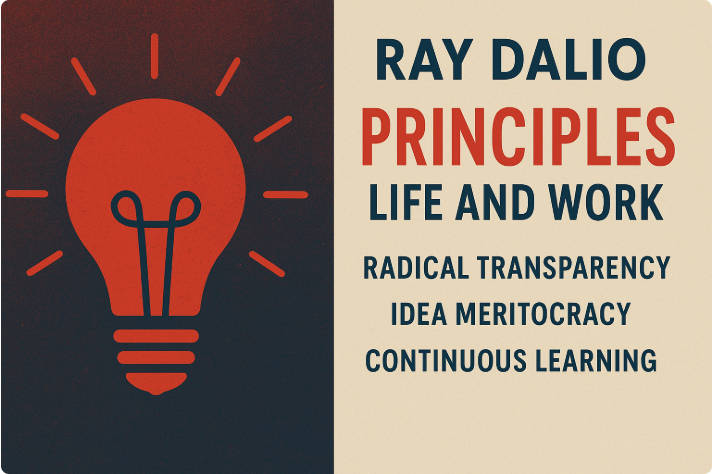
Dalio's philosophy combines rigorous macroeconomic analysis with disciplined risk management. He emphasises understanding global economic trends such as inflation, GDP growth, and currency movements. He also advocates for portfolio diversification and risk balancing to ensure resilience in varying market conditions.
Key principles include:
Global Macro Perspective:
Evaluating economic cycles, fiscal policy, and geopolitical trends to anticipate market movements.
Risk Parity:
Allocating assets so that each investment contributes proportionally to overall portfolio risk.
Continuous Analysis:
Systematically reviewing investments and learning from past performance to improve future outcomes.
Dalio's ability to foresee market disruptions has been widely recognised.
For example, he predicted the 2008 financial crisis, positioning Bridgewater to mitigate losses while many competitors suffered major setbacks. Today, he continues to provide insights into global debt risks, economic cycles, and investment opportunities.
Principles and Publications by Ray Dalio
In 2017. Dalio published Principles: Life and Work, which encapsulates his personal and professional philosophies.
The book is structured in three parts: Life Principles, Work Principles, and guidance on building organisational cultures based on radical transparency and idea meritocracy.
Key themes include:
Radical Transparency:
Encouraging open, honest communication to improve decision-making.
Idea Meritocracy:
Promoting decisions based on the best ideas rather than hierarchy or status.
Continuous Learning:
Analysing mistakes and adapting strategies to improve long-term outcomes.
Dalio's principles have influenced organisations worldwide, fostering cultures that value data-driven decisions, transparency, and systematic evaluation.
Ray Dalio's Net Worth, Philanthropy, and Financial Influence
As of October 2025. Ray Dalio's net worth is estimated at approximately $15.4 billion. His wealth primarily originates from Bridgewater Associates and a diversified portfolio of equities, real estate, and alternative assets.
Dalio has committed to significant philanthropic efforts. As a signatory of the Giving Pledge, he plans to donate the majority of his wealth to causes focused on education, global health, and economic development.
| Area of Focus |
Description
|
| Education |
Supports initiatives that improve access and quality of education worldwide |
| Economic Development |
Invests in projects that encourage long-term economic growth and stability |
| Global Health |
Contributes to organisations addressing critical health challenges |
These philanthropic efforts demonstrate Dalio's dedication to applying his principles beyond finance, seeking long-term societal impact.
Legacy and Ongoing Influence of Ray Dalio
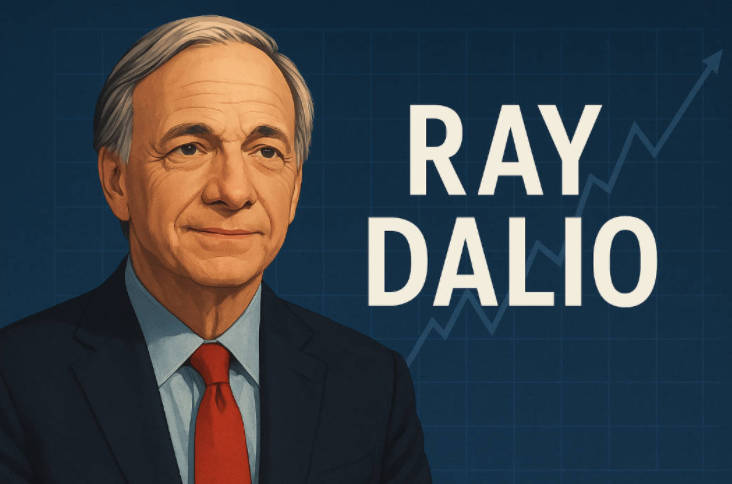
Dalio's legacy extends beyond his financial success. He introduced innovative investment methodologies, such as risk parity and systematic global macro investing, which remain influential in the hedge fund industry. He actively mentors emerging investors, sharing insights into leadership, economic analysis, and investment strategy.
In recent years, Dalio has explored the use of artificial intelligence to enhance investment decision-making. He has also expanded his global presence by establishing a family office in Riyadh, Saudi Arabia, overseeing both investments and philanthropic projects in the region.
Through these initiatives, Dalio continues to shape financial thought, organisational culture, and global economic discourse.
Frequently Asked Questions (FAQ)
1. What is Ray Dalio's investment strategy?
Dalio focuses on understanding macroeconomic trends and balancing risk across asset classes. His Pure Alpha and All Weather strategies aim to achieve consistent performance across economic cycles.
2. How did Ray Dalio predict the 2008 financial crisis?
By analysing historical economic patterns and identifying structural imbalances, such as high levels of debt, Dalio foresaw the crisis and positioned Bridgewater to mitigate losses.
3. What is the key message of Principles?
The book outlines Dalio's approach to life and work, emphasising radical transparency, idea meritocracy, and the importance of continuous learning.
4. What is Ray Dalio's current role with Bridgewater Associates?
Dalio sold his remaining stake in 2025. He no longer manages daily operations but continues to mentor leadership and share insights on finance and organisational strategy.
Disclaimer: This material is for general information purposes only and is not intended as (and should not be considered to be) financial, investment or other advice on which reliance should be placed. No opinion given in the material constitutes a recommendation by EBC or the author that any particular investment, security, transaction or investment strategy is suitable for any specific person.
